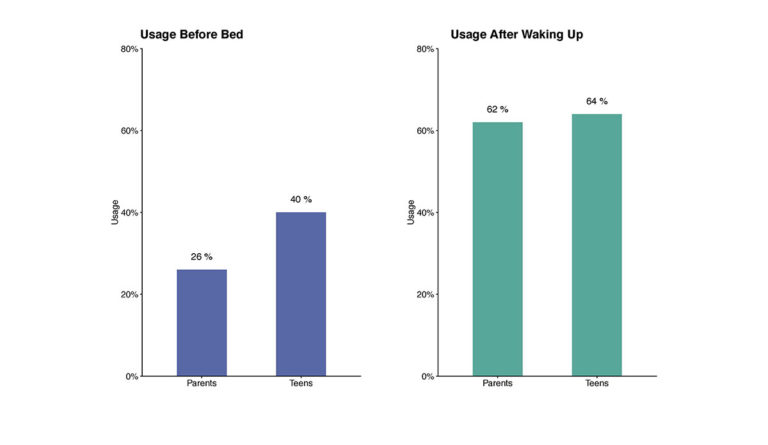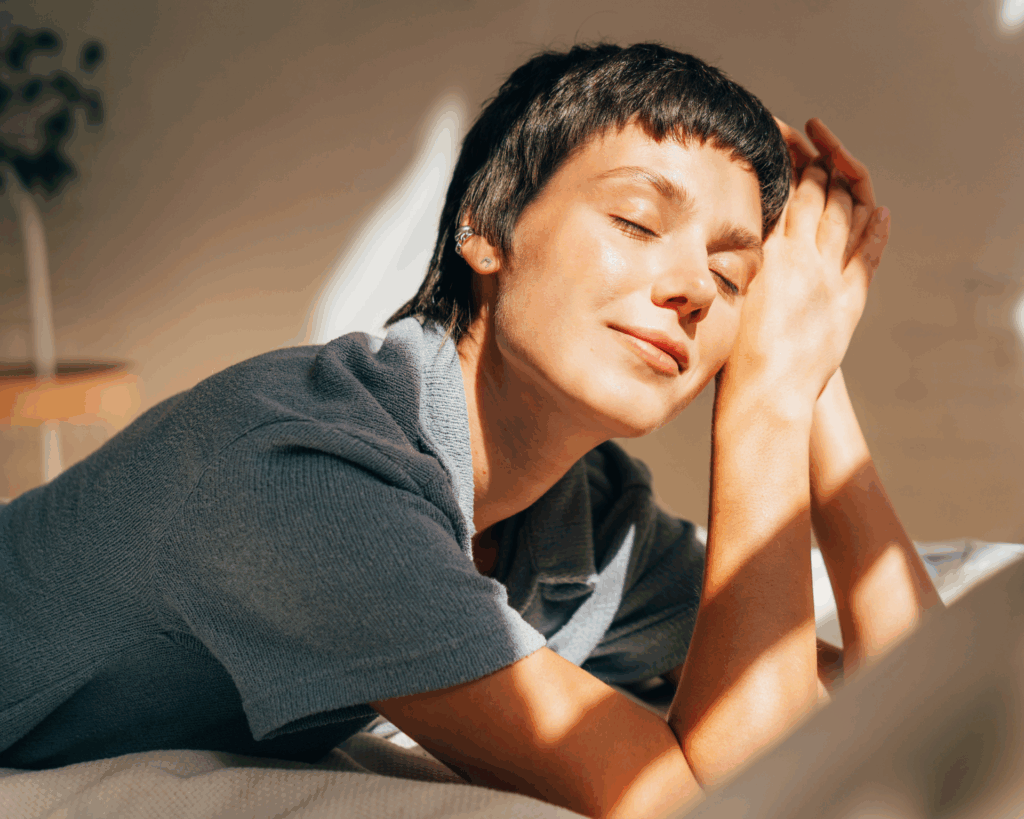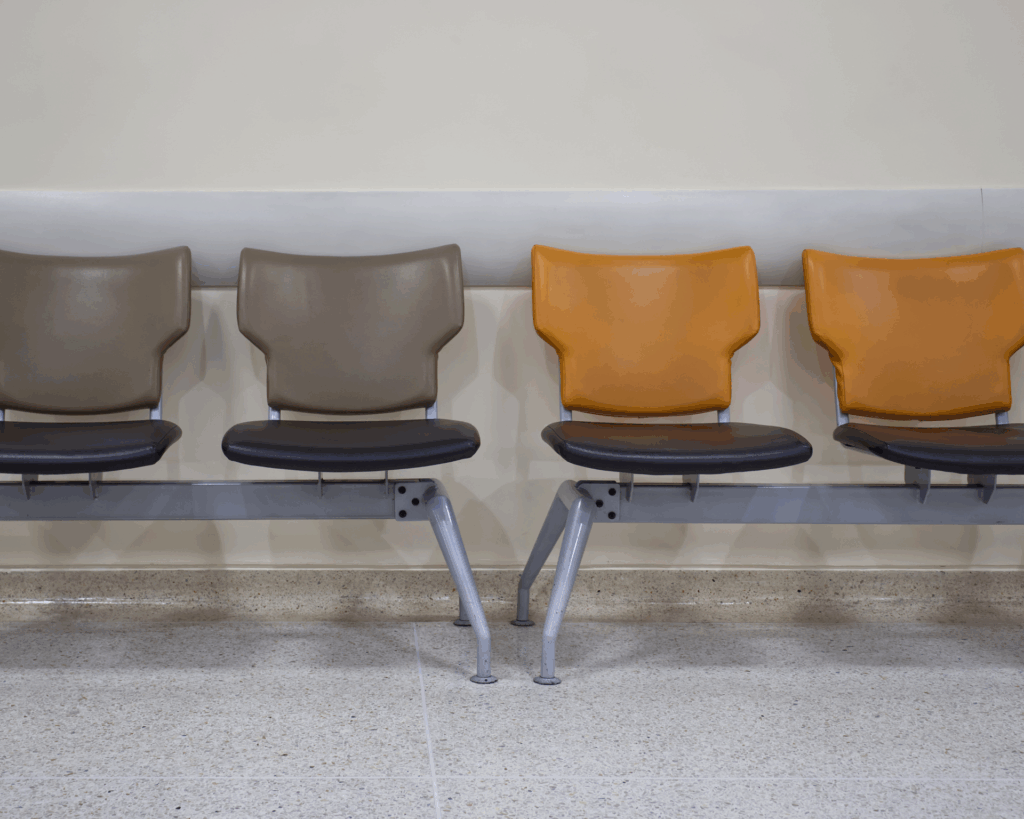Tweet Dreams
Our smartphones give unprecedented access to information and connect us to our friends and family, but Americans find it hard to unplug.

Read Time: 2 minutes
Published:
Our smartphones give unprecedented access to information and connect us to our friends and family. But when we need to put the phone down, like at bedtime, an ever-increasing number of Americans are finding it hard to unplug.
A new report from Common Sense Media illustrates the changes to our evening and morning routines. Forty percent of teenagers and 25% of parents admit to using their phone within five minutes of going to bed. Early morning use is also common, with two-thirds of teens and parents reporting that they are on their phone within a half-hour of waking up. A substantial portion of both parents (26%) and teens (35%) also wake up at least once during the night to look at their phone.
Late night smartphone use makes it harder to fall asleep and wake up. The blue light exposure from a cell phone screen suppresses melatonin, a hormone that regulates circadian rhythms. Further, what we read on the phone may agitate or preoccupy us as we drift off.
Easy solutions involve avoiding or limiting screen use before bed and leaving devices outside the bedroom. However, smartphones are the symptom of a larger problem. For jobs and school, we often work late and need our electronic devices, and few of us can resist one more scroll through Instagram or Twitter. But that final look may disrupt your sleep.
Databyte via The New Normal: Parents, Teens, and Devices Around the World. Common Sense Media, 2019. Data visualization by Jamal Yearwood.



